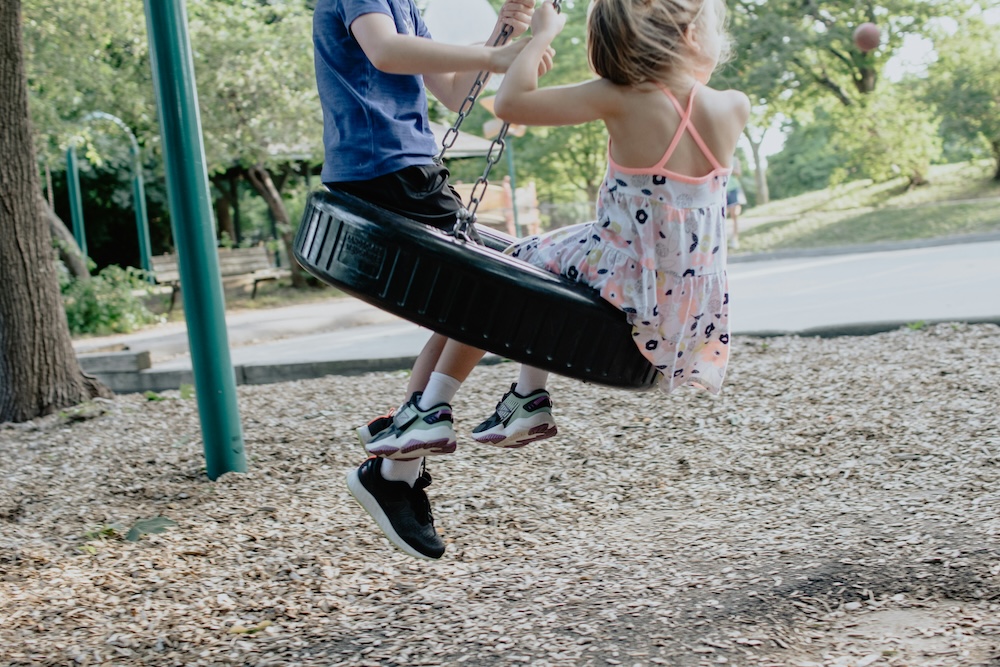Kid loves playtime and feel joy while playing! But the benefits of play go beyond just having fun. Play teaches children important skills to help them develop and thrive. By playing, children learn planning, organization, creativity, how to build relationships with their peers, how to get along with others, and how to regulate their emotions. They also develop language, mathematical, reasoning, and problem-solving skills. Play can also help kids practice concentration and build longer attention spans.
The essential life skills developed by play evolve over time and as a parent or caregiver, you can promote healthy play habits in your children. Firstly, it’s important to keep a safe play environment and teach your child not to engage in any aggressive behavior. This can take some time to master as conflicts can rise between kids playing together. But, it’s an opportunity for your child to learn how to solve problems and cooperate with their peers. You can guide them by teaching them how to view things from others’ perspectives and practice empathy. As children begin to master these abilities, they also learn how to form friendships.
Play activities should be selected based on the child’s age. For infants, starting tummy time is beneficial as it strengthens their neck, back, and shoulder muscles and advances their sensory, visual, and motor development – all of which will be important for them when they learn how to crawl. There are many ways to engage in play with your baby such as movement activities like using puppets which help babies develop visual skills, and using rattle toys which can grow your child’s reflexes as they reach out to grab them. It also helps them explore sounds.
During the toddler years, you can enhance your child’s understanding of shapes, colors, and textures by giving them toys like blocks and puzzles. As they get a little older, provide them with opportunities for make-believe play. For example, they can pretend to bake something in a toy kitchenette or play doctor with their dolls. Make-believe play introduces kids to life concepts, helps them explore multiple perspectives, and stimulates their imagination and creativity.
Be careful of not letting your child spend too much time using screen devices, including video games. Balance media use with activities like sports, board games, playing with toys, or engaging in make-believe and role-playing. It’s important for kids to get real-life interactions and to also get physical activity when they play sport games or other recreational hobbies.
Play is not only beneficial for children’s development in life skills and their physical health, but it also improves mental health. Play can reduce stress and anxiety as it releases the endorphins in the body, which boost mood. It can help your child get in touch with their feelings by providing an opportunity for kids to express their emotions when they might not have the words to explain. It’s why it’s often used as a practice in therapy.
Encouraging your children to play will have a significant impact on their growth, development, and physical and mental health. It’s one of the best ways to ensure that your child grows up into healthy, happy, successful, and empathetic adults.




